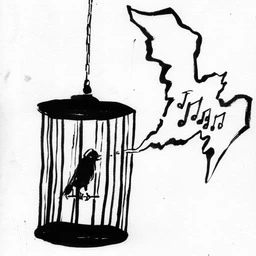

Ik it’s only anecdotal, but I played Brawl Stars when it was in beta and witnessed almost all its updates until global launch (and have caught up with some more recent updates here and there). It went from a genuinely fun mobile game with character and potential to a plastic husk primed for whatever monetisation and “engagement” strategies analytics says needs to be shoved into it next.
At the time I couldn’t fathom how all those updates that often made gameplay and progression less fun could ever be more “engaging” (the change from portrait to landscape in particular felt like straight up poor game design, trashing its unique mobile control schemes in favour of digital twin joysticks and “autoaim”), but in hindsight it’s clear what that really meant.



You could share this sublemmy’s pinned post, or the megathread it links to:
https://lemmy.dbzer0.com/post/10901
https://rentry.co/megathread